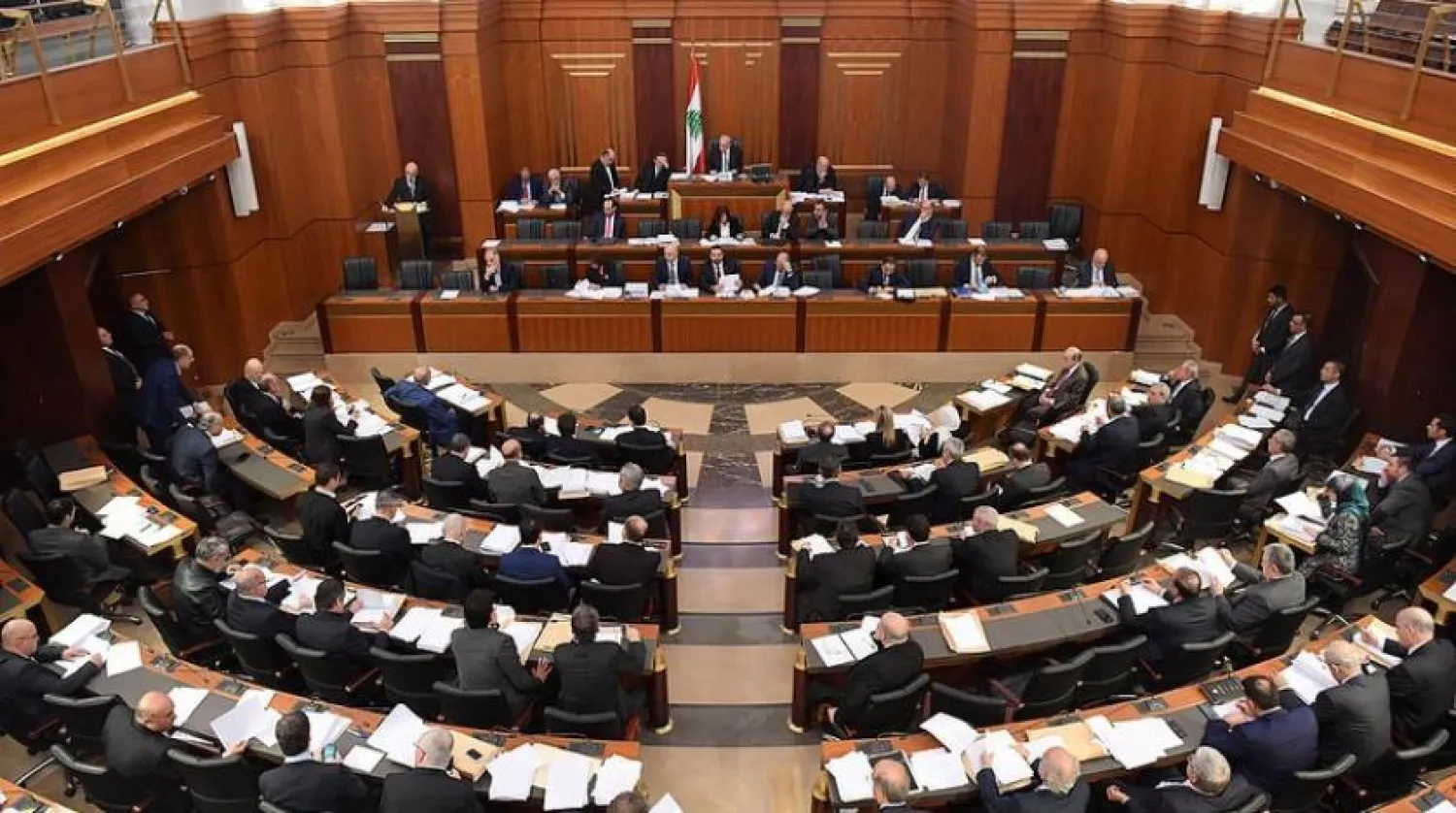Lebanese political parties are engaged in a dispute on the electoral law that to be adopted in the next parliamentary elections set for May 2022.
Sectarian divisions began to emerge during a joint meeting of the parliamentary committees held on Wednesday to study electoral draft-laws.
Some deputies support a proportional representation system free from any religious affiliations with the establishment of a Senate where sects are fairly represented.
However, other MPs consider such a draft-law as a threat to confessional balances in the country.
During Wednesday’s meeting, lawmakers from Speaker Nabih Berri’s Development and Liberation bloc proposed a draft-law turning Lebanon into a single electoral district, based on full proportional representation without so-called preferential votes.
The proposal ignited sectarian divides. Despite their differences on political issues, the two largest Christian parliamentary blocs - the Free Patriotic Movement (FPM) and the Lebanese Forces (LF) – held onto organizing the elections based on the current electoral law, with a few amendments.
Both parties fear that any electoral law turning Lebanon into a single electoral district would damage the sectarian balance in the country, sources opposed to the draft-law proposed by Berri’s bloc told Asharq Al-Awsat Thursday.
“The FPM and the LF hold onto the current law,” the sources said, which they said provides the best representation.
The current law, applied during the 2018 elections, is based on a proportional representation system with redrawn districts and preferential votes, allowing Christians to secure a seat for the majority of their deputies with Christian votes.
In the last elections, the FPM secured 29 deputies, and the LF 16 MPs.
The FPM considers the establishment of a Senate as an attempt to “change the system” in Lebanon, a move that requires further discussions among the political parties.
Christian deputies also consider it inappropriate to discuss the electoral law amid worsening political and economic crises.
“This is not the time for political bickering and for discussing contentious issues. Rather political parties should seek to form an independent cabinet and hold early elections,” head of the LF media office Charles Jabbour told Asharq Al-Awsat.









